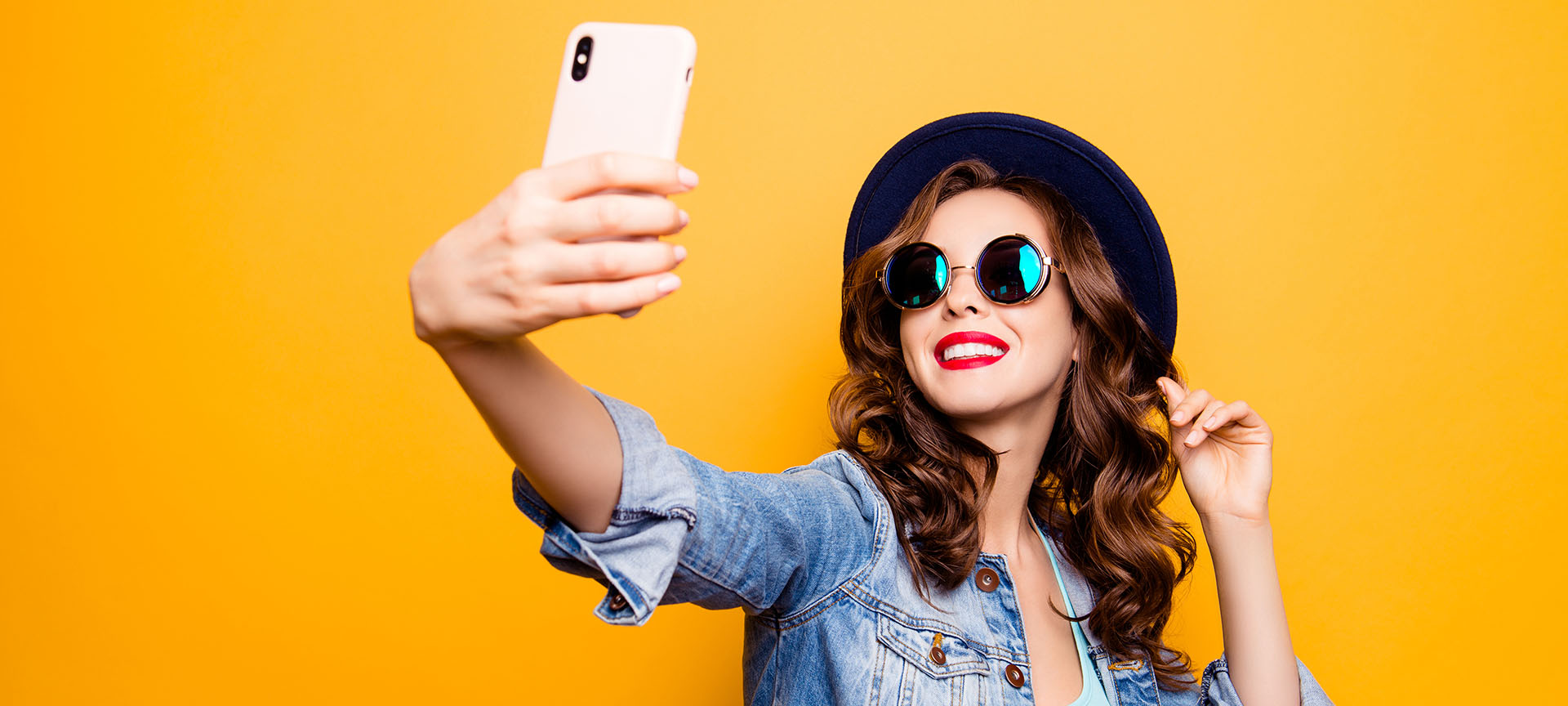
In 2016, women’s selfies continued to proliferate on platforms such as Facebook and Instagram but remained largely unstudied by sociologists. Media commentary on these images was generally negative, framed in terms of narcissism and the hypersexualization of young women.
Chiara Piazzesi, a sociology researcher at the Université du Québec à Montréal, wanted to understand the real motivations of women who showcase themselves on social media. Between 2017 and 2019, she conducted interviews with eleven women aged 22 to 52 who subscribe to this practice and analysed their Facebook and Instagram profiles. She also asked them to take seven selfies, five of which had to be taken in specific situations, such as a public presentation for work or studies or an outing with friends.
The study revealed that most of the women see such publications as a way of communicating with others and as the creation of a “diary” to which they can refer to recall passages in their lives. For them, the memory of these events is closely linked to their own appearance in the photos, which represents the state of mind associated with the remembered situation.
Beauty is an inescapable element of the process, as these women feel pressured to live up to an ideal of attractiveness. Selfies are thus a form of negotiation with dominant beauty standards, either resisting them, or giving in to them (e.g., by modifying photos) – and, most often, a bit of both. Beauty standards are therefore both a limitation on the expression of a woman’s identity and an opportunity to affirm and reinforce it.
This research led to the publication of The Beauty Paradox: Feminity in the Age of Selfies, which received a very positive review in the journal Gender & Society.
To learn more:
Piazzesi, Chiara and Catherine Lavoie Mongrain. « Selfies de femmes, négociation normative et production de culture visuelle sur Instagram et Facebook. » Recherches féministes, volume 33, numéro 1, 2020, p. 135–151. https://doi.org/10.7202/1071246ar
